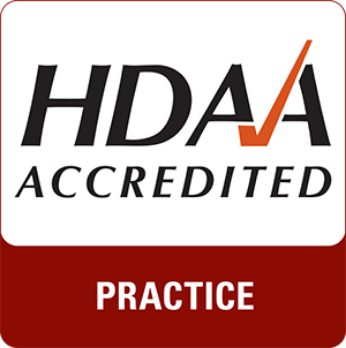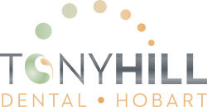Dental Implants Hobart - Restore Your Smile!
How To Take Care Of Your Implant Restorations
If you have just had your implant restoration inserted or are considering an implant restoration, you may be wondering what procedures are necessary for the proper maintenance of your new restoration.
The home care needed for dental implants is probably more important than that required for your natural teeth. The appliances that we fabricate on top of dental implants are wonders of engineering but unfortunately, are not designed to be maintenance free. There are many areas around the implant and the restoration that needs special attention to make sure that dental plaque does not accumulate. Dentalplaque, the sticky substance that adheres to teeth and is a breeding area for bacteria must be removed at least every 12 hours to avoid potential periodontal (peri-implant) disease.
What Are The Tools Needed To Combat Peri-implant Disease And How Should They Be Implemented?
The care of your Implant restoration consists of three steps:

Educating and training you about proper oral hygiene techniques.

Removal of plaque and calculus (hardened plaque, tartar) on a regularly scheduled basis by D Hill or our Hygienist Karina Clark.

Maintaining meticulous oral hygiene between your re-care visits.
Home plaque control is a critical component of your implant care.
The following devices have proved extremely helpful in plaque removal and as tools in the proper maintenance of dental implant/restorations.
- Soft Toothbrush, End Tuft Brush, Interdental Brush
- Dental Floss
- Oral Irrigation Devices
Mouthwashes please consult with a dental professional before using (i.e. Listerine, Chlorhexidine, Oral-B, warm salt water, etc.)
Ask one of the dental professionals in the practice for individual instruction sheets on the above mentioned cleaning aids. The dentist and hygienist are also available to assist you in any way they can. Remember, it’s not the tool that counts, but the technique you perform.
The proper maintenance of your dental implant restoration must be a good blend of proper hygiene technique, appropriate instrumentation and adequate frequency. The dentist and hygienist will suggest a suitable re-care schedule for you based upon the complexity of your dental restoration. A dental professional skilled in patient education will also demonstrate each and every technique so that you can become familiar with the tools that are required for implant care. Then it’s up to you. With a little effort, your dental implant restoration can provide you with years of comfort, satisfaction and service.
HDAA Accredited Dental Practice
Our HDAA accreditation demonstrates our compliance with quality, safety & good governance by committing to quality improvement, patient safety and care.

Make An Appointment Today
We look forward to caring for your dental health.


